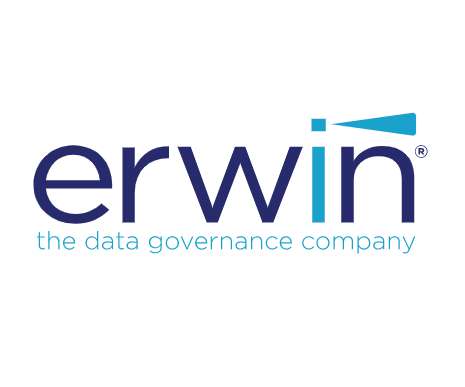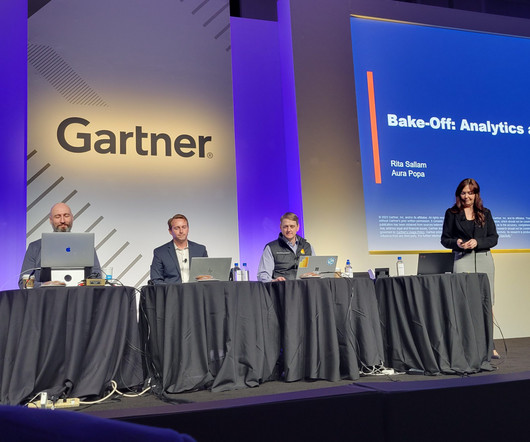Why You Need End-to-End Data Lineage
erwin
SEPTEMBER 10, 2020
Yet given this era of digital transformation and fierce competition, understanding what data you have, where it came from, how it’s changed since creation or acquisition, and whether it poses any risks is paramount to optimizing its value. The risks of ignoring end-to-end data lineage are just too great. Who are the data owners?














Let's personalize your content